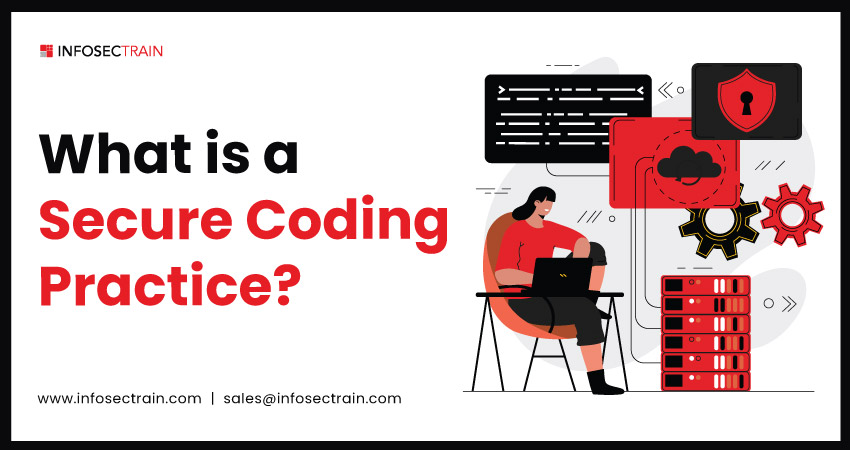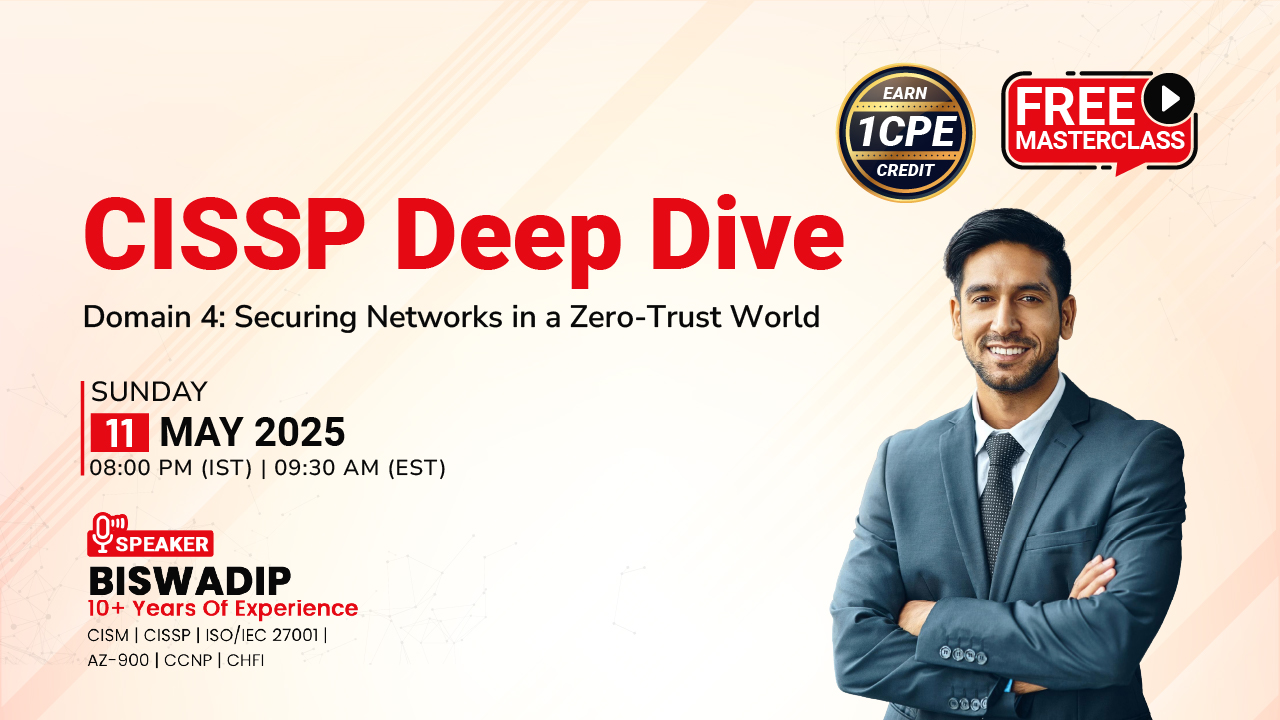What is a Secure Coding Practice?
Gone are the days when software development solely focused on functionality. Today’s digital world demands a more holistic approach, where security stands shoulder-to-shoulder with features. Secure coding practices are the secret weapon in this equation, empowering developers to write code that’s functional and built with robust defenses from the ground up.

Table of Contents
What Exactly is Secure Coding?
Why is Secure Coding So Important?
The Pillars of Secure Coding: Building Your Digital Stronghold
Beyond the Basics: Continuous Vigilance in the Digital Age
What Exactly is Secure Coding?
Simply put, secure coding is the meticulous art of writing software with security vulnerabilities in mind – from the very first line of code. It’s a proactive approach that prioritizes building safeguards directly into the application’s DNA, minimizing the chances of attackers finding and exploiting weaknesses later down the road.
Why is Secure Coding So Important?
The internet, for all its wonders, is a breeding ground for cybercrime. Malicious actors constantly search for loopholes in code to steal data, disrupt operations, or extort money. Insecure coding practices create these loopholes, acting as unintentional welcome mats for hackers. The consequences can be severe, ranging from financial losses and reputational damage to privacy breaches and even safety risks.
The Pillars of Secure Coding: Building Your Digital Stronghold
Secure coding isn’t a one-size-fits-all solution. It encompasses a comprehensive set of principles and practices that developers can integrate into their workflows. Here are some secure coding best practices to consider:
- Input Validation: Just like you wouldn’t accept a package without inspecting its contents, applications shouldn’t blindly accept any user input. Secure coding practices demand rigorous validation of all external data, ensuring it conforms to expected formats and doesn’t contain malicious code. Think of it as a digital security guard checking IDs at the entrance.
- Output Encoding: Data flowing out of your application needs just as much scrutiny as what’s coming in. Encoding output data prevents attackers from injecting malicious scripts or manipulating information displayed to users. Imagine it as a translator, ensuring all outgoing messages are written in a secure language that can’t be easily misinterpreted.
- Secure Data Storage: Sensitive information such as passwords and financial data needs to be treated with the utmost care. In order to protect the information, secure coding requires using strong encryption methods whenever data is stored (at rest) or being transferred (in transit).
- Privilege Management: The principle of least privilege dictates that users and applications should only have the minimum level of access necessary to perform their functions. Secure coding enforces these access controls, preventing unauthorized individuals from accessing or modifying sensitive data. Think of it as a tiered security system, granting access based on specific roles and permissions.
- Error Handling and Logging: Even though errors happen, how you respond to them can have a major impact. Secure coding practices emphasize robust error handling mechanisms that don’t reveal sensitive information to attackers. Additionally, logging errors in a secure and centralized manner helps developers identify and address vulnerabilities more efficiently. Imagine it as a silent alarm system, discreetly alerting security personnel of any suspicious activity without giving away the location of the vault.
Beyond the Basics: Continuous Vigilance in the Digital Age
Keeping code secure is an ongoing process, not a one-time fix. Developers need to constantly learn new methods and stay aware of security risks as technology changes. This might involve using secure coding libraries, employing automated code scanning tools, and staying up-to-date on the latest security threats.
By prioritizing secure coding practices, developers build robust and reliable applications and cultivate trust with users. In today’s digital world, where security breaches can have a devastating impact, secure coding isn’t just a best practice – it’s an essential responsibility.
How can InfosecTrain Help?
The journey towards secure coding excellence is continuous. InfosecTrain offers comprehensive security training courses designed to equip developers with in-depth knowledge and practical skills. From mastering secure coding principles to exploring advanced penetration testing techniques, InfosecTrain empowers developers to become true security champions. Explore courses like Security Testing Training Programs and the Certified Secure Software Lifecycle Professional (CSSLP) program to elevate your coding practices and build a future-proof digital fortress.







 1800-843-7890 (India)
1800-843-7890 (India)